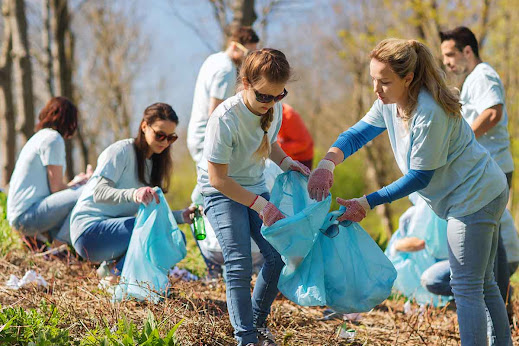Raise your hand if you ever attended a church youth group growing up. You know, the ones where you’d meet every Wednesday and Sunday night to have fun, meet up with friends, and play games. Of course, there was always a large group session where you sat and heard teachings from the bible before you broke out into small groups with kids in your same grade class and a group leader. But of all the activities you did and the people you met, one person always stood out from the crowd—the youth pastor.
Your youth pastor was the guy (or girl) who always had a smile on their face. They were always up for a good time, would laugh and joke around like they were one of you, and had a heart for all the kids that shined through every week as they stood on that stage to talk to them about real-life issues. Your youth pastor more than likely was a person who had a meaningful impact on your life, whether you realized it back then or not. Their entire career was built around investing in you and your fellow students.
They did this in multiple different ways, such as always being prepared when they were going to preach a message, spending time planning out fun activities or events that would keep things new and fresh each week, and they would reach out to the surrounding community to organize ways to help the students get involved beyond just the four walls of the church building.
Your youth pastor may have also planned memorable weekend getaways for all the students old enough to stay overnight. Often, these were held at local Christian camps. These weekends were the best because you got to spend an evening (or two) away from home with all your friends. The days were filled with activities like climbing rock walls, navigating a high ropes course, running relay races, eating food that was not healthy but delicious, and staying up past your bedtime, laughing and joking around with some of your closest friends.
The youth pastor would be at the head of it all, taking charge and ensuring all the students had a fun and safe time as they spoke into them, encouraged them, and taught them biblical truths that would make a lasting and eternal impact.
Yes, your youth pastor probably did far more for your young development than you may even realize. The amount of time and effort they sacrificed to ensure you and your friends had a great time and learned important life lessons along the way. They were your friend, your confidant, someone to help keep you accountable, your sage council, and your biggest cheerleader.
So next time you go home to visit, maybe consider looking your youth pastor up if they still live in the area. Offer to take them to lunch and enjoy as you reminisce on old times. Thank them for all the times they were there for you and helped you. Let them know you’re praying for them and the sacrifices they made for you did not go unnoticed. And then, before you say your goodbyes, let them know their investment in you paid off. Because of their leadership, prayer, and guidance, they helped you become the person you are today, and they impacted your life here on earth and your eternity.

.jpg)






.jpg)


.jpg)


